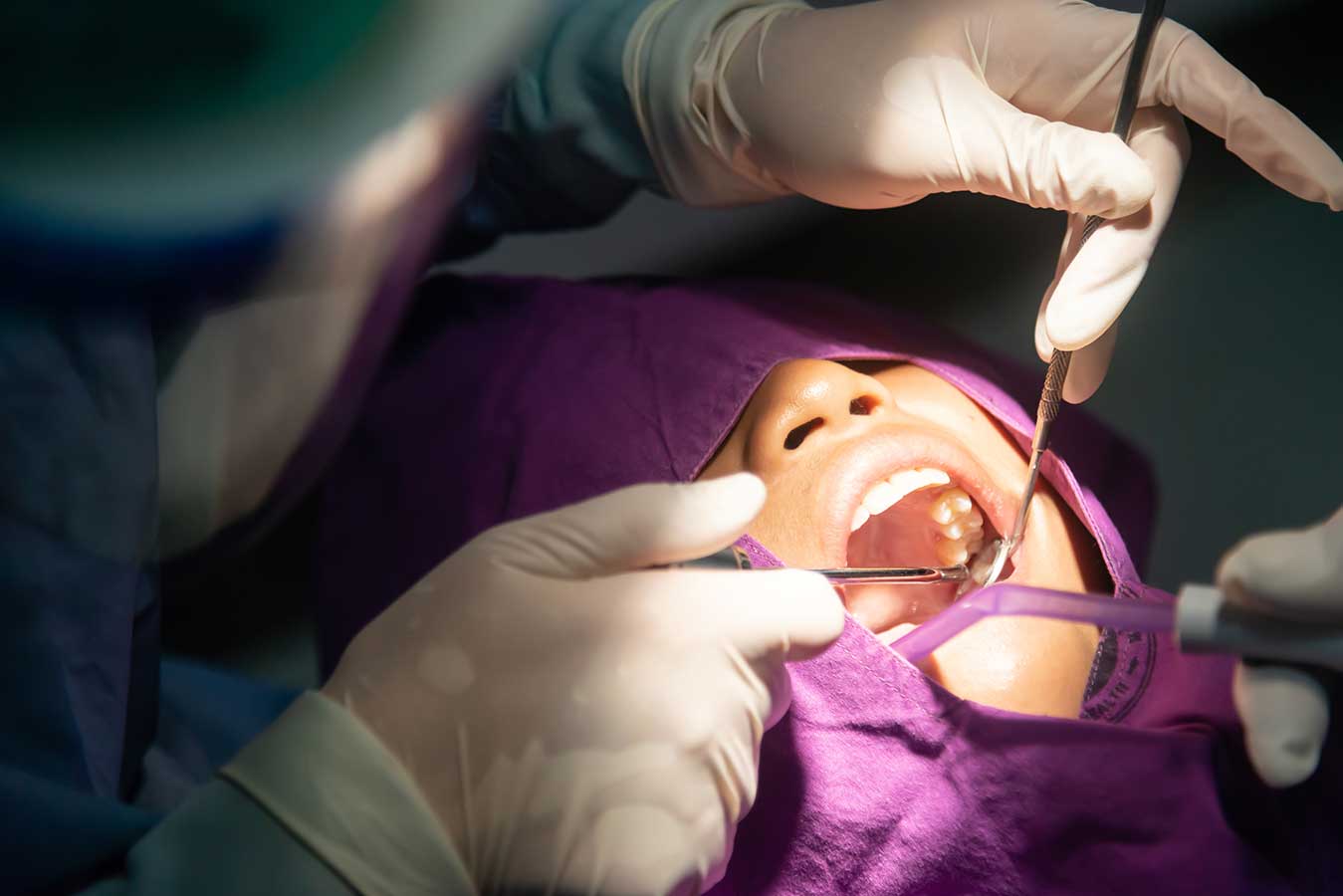Wisdom teeth removal is a topic that sparks many questions, concerns, and a good dose of curiosity. Whether you’re about to schedule oral surgery or you’re just learning what wisdom teeth are, understanding the process of extraction can ensure you’re better prepared and more at ease.
This detailed guide covers why wisdom teeth may need to be removed, how the procedure is done, what recovery looks like, and how much it costs—especially if you’re considering treatment abroad.
Wisdom Teeth Removal Cost Comparison – 2025
| Country / Provider | Average Cost (Per Tooth) |
|---|---|
| Turkey (General Clinics) | $100 – $300 |
| AestheticAirways – Turkey | $80 – $240 20% OFF |
| United States | $300 – $800 |
| United Kingdom | $350 – $700 |
| Canada | $300 – $600 |
| UAE | $250 – $600 |
| Germany | $400 – $750 |
Wisdom Teeth Extraction Recovery
Recovering from wisdom teeth removal is a gradual process. Here’s what you can expect and how you can facilitate healing:
1. Swelling and Pain Management
- Use an ice pack on your cheeks to reduce swelling.
- Over-the-counter or prescribed pain relievers can help ease discomfort.
2. Diet Adjustments
Stick to soft foods like yogurt, broth, mashed potatoes, and smoothies during the first few days. Avoid hot, spicy, or crunchy foods that might irritate the surgical site.
3. Maintain Oral Hygiene
- Avoid brushing your teeth near the extraction site for the first 24 hours.
- After 24 hours, use a saltwater rinse to gently clean your mouth and reduce the risk of infection.
4. Avoid Straws and Smoking
Using a straw or smoking can cause a painful condition called dry socket, where the blood clot protecting the extraction site becomes dislodged.
5. Listen to Your Body
Recover at your own pace, and don’t rush back into strenuous activities until you feel ready.
When to Schedule Wisdom Tooth Removal

Book an appointment if you’re experiencing:
Jaw pain or tenderness
Difficulty chewing or opening your mouth
Repeated gum infections
Pressure on nearby teeth
Bad taste or odor in your mouth
Impacted Wisdom Teeth: What You Need to Know Before Removal Abroad
Impacted wisdom teeth are a common dental issue that affects millions of people worldwide. When these third molars don’t have enough room to emerge or grow properly, they become “impacted,” which can lead to pain, infection, and even damage to nearby teeth.
If left untreated, impacted wisdom teeth can cause ongoing health complications—making removal not just a cosmetic decision, but a medical necessity.
What Other Problems Are Often Associated with Impacted Wisdom Teeth?
Impacted wisdom teeth can lead to a range of complications, including:
| Problem | Description |
|---|---|
| Pain & Swelling | Caused by pressure on adjacent teeth and inflammation of surrounding tissues. |
| Gum Infection (Pericoronitis) | Bacterial buildup around a partially erupted tooth can lead to serious infection. |
| Damage to Nearby Teeth | Impacted teeth can press against second molars, causing erosion or misalignment. |
| Cysts or Tumors | Fluid-filled sacs can develop around the tooth, potentially damaging jawbone. |
| Bad Breath & Taste | Bacterial pockets around the area can cause persistent odor and bad taste. |
| Difficulty Opening the Mouth (Trismus) | Inflammation or infection can limit jaw mobility and affect daily function. |
Early evaluation and timely removal of impacted wisdom teeth is critical to avoid these complications.
Final Thoughts on Wisdom Teeth Removal
Wisdom teeth removal is a common procedure with significant benefits for your oral health. By understanding the process and taking steps to care for your recovery, you can ensure a smooth experience with minimal discomfort.
If you suspect your wisdom teeth are causing problems or you want advice tailored to your situation, Reach out to our team for a free consultation

